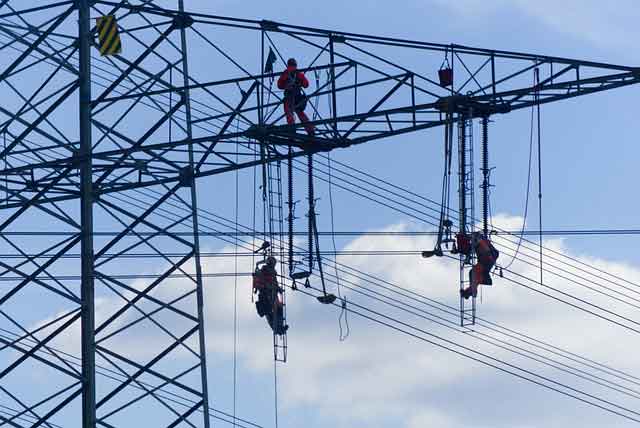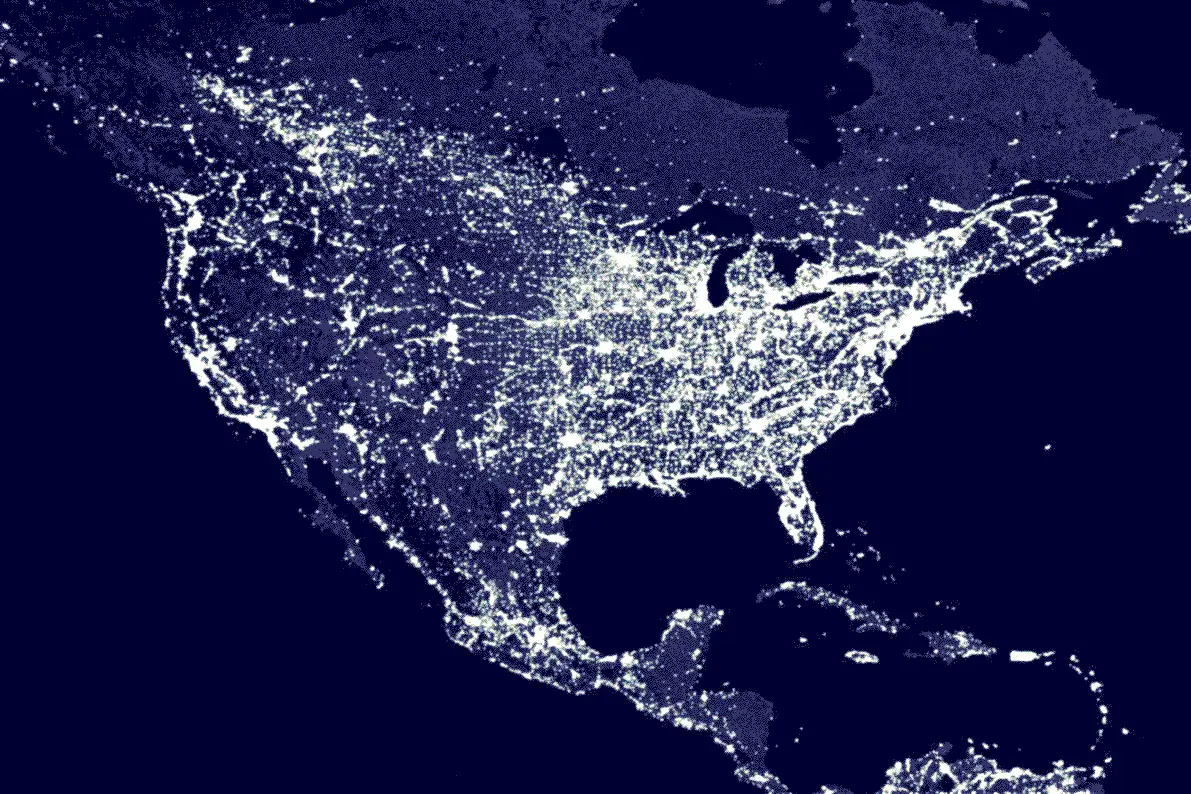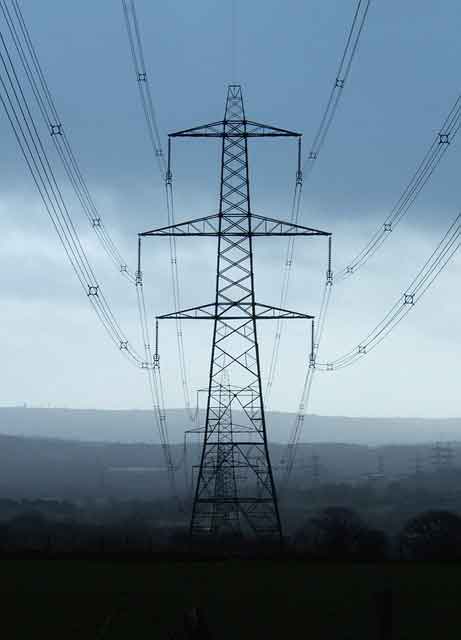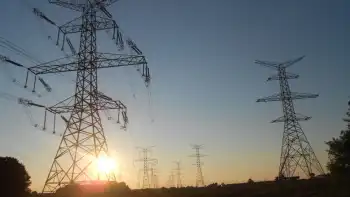Energy efficiency outpacing renewable peers: HSBC
But shares in companies which produce low-carbon fossil fuel alternatives, such as wind, solar and nuclear, are up less than 1 percent as of June 5, far under-performing a 7 percent rise in wider stocks so far this year.
"As the recipient of the largest share of climate stimulus funds, energy efficiency... posted the strongest sector return, up 16 percent year to date," said the report.
Environmental campaigners, think tanks and analysts have urged governments to spend more of an estimated $3 trillion global economic stimulus on efforts to cut carbon emissions and diversify energy supplies, to avoid worse, future crises.
Pledged climate spend has now reached about $346 billion, estimates HSBC, and over half of that on "energy efficiency and energy management" technologies such as improving building efficiency, promoting low-carbon cars and building smart grids.
Far less has been spent on low-carbon, renewable energy. Improving energy efficiency is seen an obvious way to tackle twin global concerns of climate change and energy security.
Several countries have introduced recent "retrofitting" schemes to boost the efficiency of housing stock, to cut energy bills and create jobs.
HSBC tracks some 377 large companies worldwide which get 10 percent or more of their business from activities to curb climate change — such as energy efficiency, nuclear, wind or solar power, waste management and carbon trading.
That wider index of climate stocks is up just over 4 percent this year.
Over the longer term, the index is down 44 percent from a peak in 2007, a slightly bigger drop than the MSCI index of global stocks over the same period. But the climate index has out-performed wider global equities since 2004, the HSBC report said.
Related News

Nord Stream: Norway and Denmark tighten energy infrastructure security after gas pipeline 'attack'
OSLO - Norway and Denmark will increase security and surveillance around their energy infrastructure sites after the alleged sabotage of Russia's Nord Stream gas pipeline in the Baltic Sea.
Major leaks struck two underwater natural gas pipelines running from Russia to Germany, with experts reporting that explosions rattled the Baltic Sea beforehand.
Norway -- an oil-rich nation and Europe's biggest supplier of gas -- will strengthen security at its land and offshore installations, the country's energy minister said.
The Scandinavian country's Petroleum Safety Authority also urged vigilance on Monday after unidentified drones were seen flying near Norway's offshore oil and gas platforms.
"The PSA…




